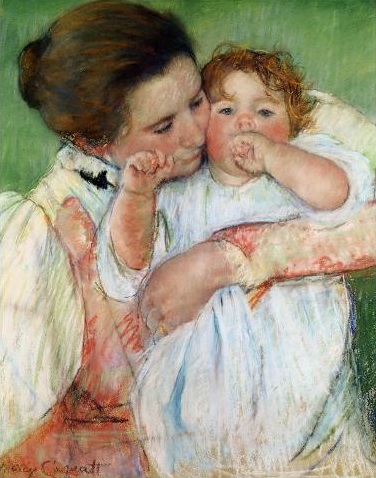Care and emotions

An educative emergency of the current time is the affective analphabetism, in the sense of incapability or difficulty in understanding, expressing and managing one’s own emotions, behind recognizing the other’s ones and relating to them. This phenomenon that is strictly connected with behavioral and relational problems, makes urgent to promote, still from the very first levels of education, affective educative paths for the development of the reflective skills that are necessary for the care for the self and the others.
For a long time it is known how the affective dimension deeply engraves on the learning modalities, but emotions are also intrinsically connected with the relational atmosphere that is breathed in the class, as much as to guarantee to the students a good quality of life at school, it is necessary to teach them how to take care of them. Nonetheless, this is not the unique reason for which the affective dimension should be considered central in the training paths of practitioners. If it is true that the teachers should teach to their students how to take care for their own emotions, it is also true that the students themselves should have acquired, and therefore should already know, how to cultivate this skill, as the care for the affective dimension represents a fundamental aspect of that care for the self that the practitioners should be able to act at first hand, in order to practice the duty to take care for the others.
Starting from this perspective, the Centre proposes:
- training paths of affective education for the students, with different proposals for the different education levels;
- projects of educative research , for the experimentation of instruments and methods to foster the affective self-comprehension;
- training activities for the future teachers and in service teachers on how to build efficient activities for the students and how to nourish the care of one’s own emotions starting from the development of specific self-reflective postures.




